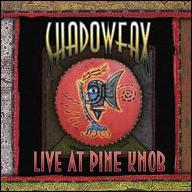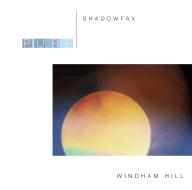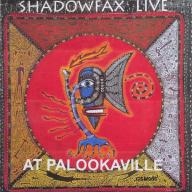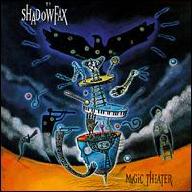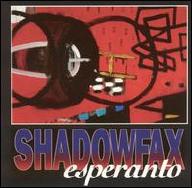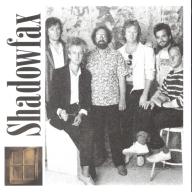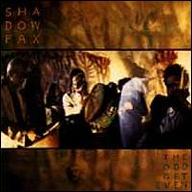Shadowfax
from Chicago, IL
formed
January 1, 1972 - January 1, 1995 (age 23)
Biography
One of new age electronic music's earliest and best-known proponents, Shadowfax were formed in Chicago in 1972 by saxophonist Chuck Greenberg, guitarist G.E. Stinson, and bassist Phil Maggini. Originally a blues band, the trio soon began exploring chamber jazz and folk; even medieval music began creeping into the mix, appropriately enough for a group named in honor of a horse from J.R.R. Tolkien's Lord of the Rings series. Adding drummer Stuart Nevitt in 1974, Shadowfax issued their debut LP, Watercourse Way, two years later; failing to make an immediate impact, the quartet did attract a cult following that continued to grow following its subsequent signing to the Windham Hill label. Their commercial breakthrough arrived with the release of 1982's eponymously titled effort, which reached the upper rungs of the Billboard jazz charts; for the follow-up, 1983's Shadowdance, Shadowfax's ranks swelled with the additions of violinist Jamii Szmadzinski and pianist/synth player Jared Stewart. The band endured multiple personnel changes in the years to follow, with founding members Greenberg and Maggini both remaining constants well into the 1990s. However, given Greenberg's leadership position in Shadowfax and role in creating their signature sound (including his playing of the Lyricon electronic wind instrument that he helped to engineer), the group disbanded following the reedman's death from a heart attack while vacationing on California's Santa Cruz Island in September 1995. ~ Jason Ankeny, Rovi
Top Tracks
Albums
Videos
Close


